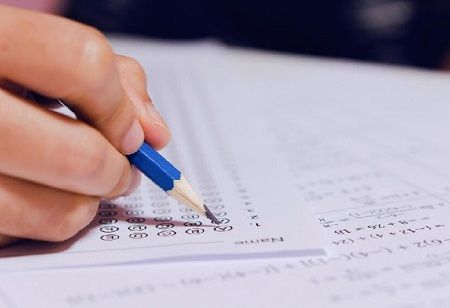Over 45,000 students from Hong Kong took part in a novel university entrance exam centered on citizenship and social development. This exam diverged significantly from its predecessor, the controversial liberal studies test, as it emphasized understanding of national security and development rather than encouraging personal opinions or diverse perspectives.
Unlike the former curriculum, which prompted students to express judgments and provide detailed explanations, the revised exam primarily required candidates to elaborate on provided source materials. According to Liu Tin-yan, a seasoned tutor, the previous liberal studies test included comparative questions with clear stances, unlike the latest iteration which lacked such inquiries.
During the two-hour examination, students were tasked with elucidating the role of education in bolstering China's national power, the impact of national security education activities on understanding the nation, and how mainland China study tours fostered national identity. The exam drew upon sources such as media reports on the 20th National Congress, Ministry of Education data, and the white paper on "China's comprehensive well-off society."
Furthermore, multiple-choice questions evaluated students' comprehension of the National Anthem Ordinance and the Basic Law, Hong Kong's mini-constitution, while also testing their geographical knowledge of the Greater Bay Area. In contrast to the Diploma of Secondary Education's seven-level grading system, the revamped subject simplified grading into two categories: "attained" and "not attained."
Wong Chung-wai, a vice-principal, remarked that the new exam was less arduous than its predecessor, aligning with the revised subject's principles. While previous assessments featured more rigorous questions, the current format's binary grading system implies a lower standard. Both educators anticipated a focus on China-related topics in the exam, with fewer questions on global development, which they deemed acceptable.

